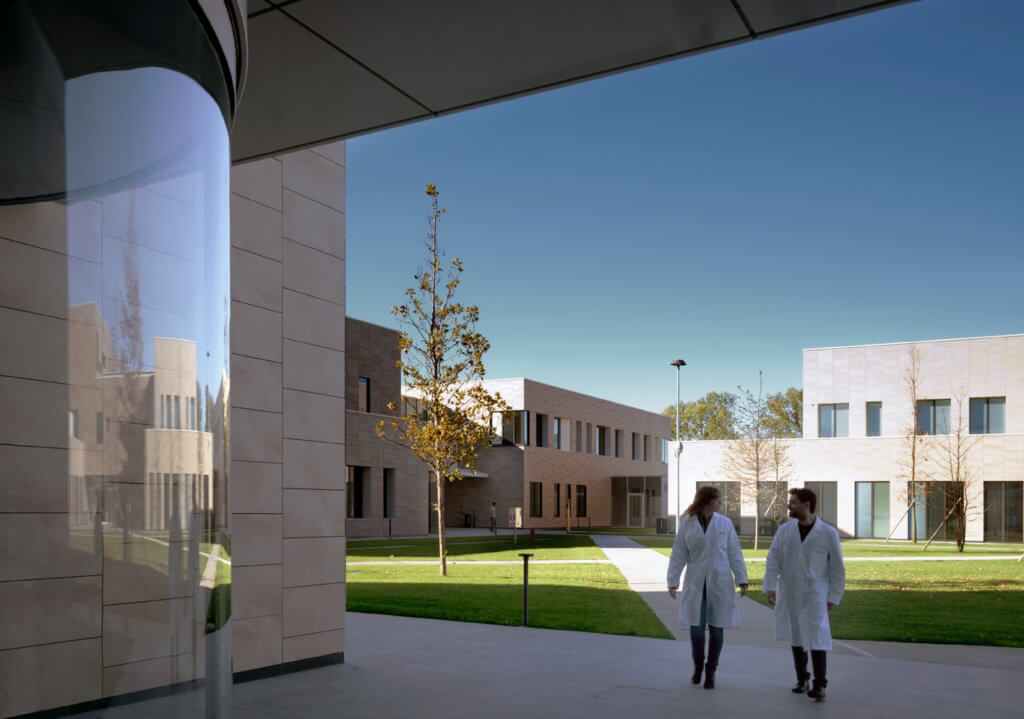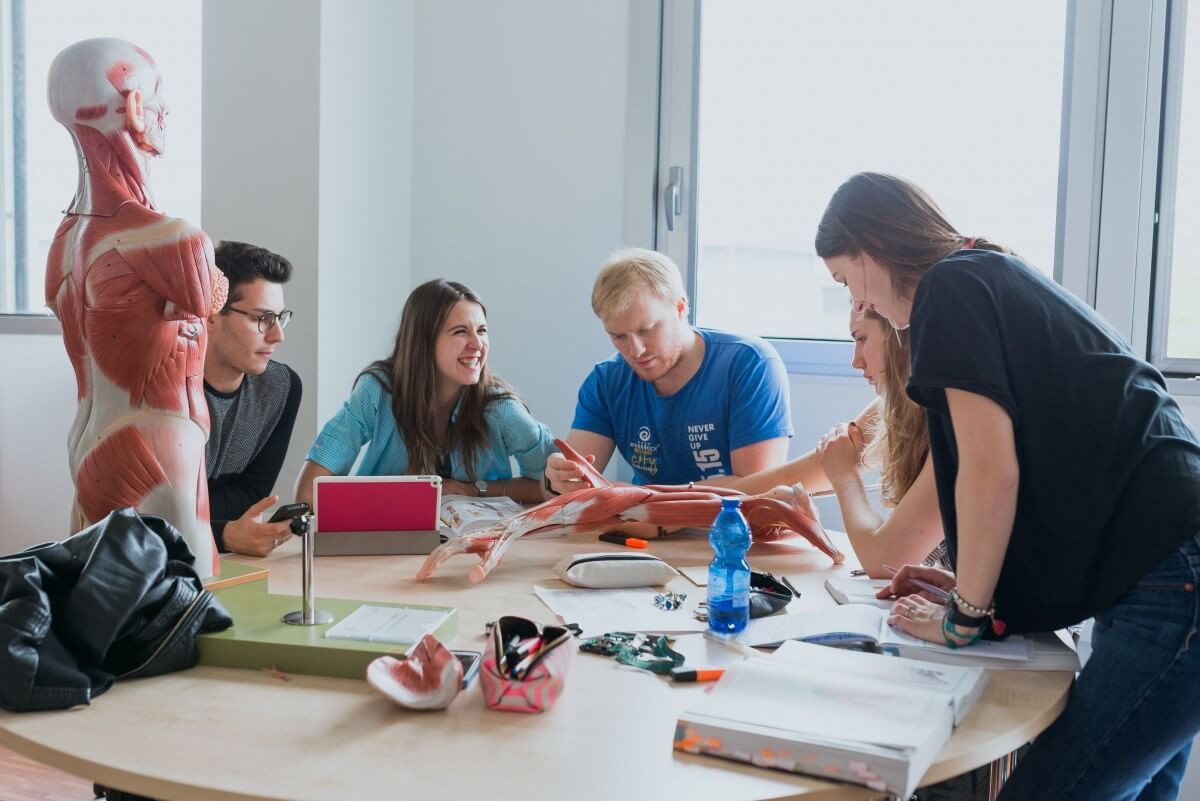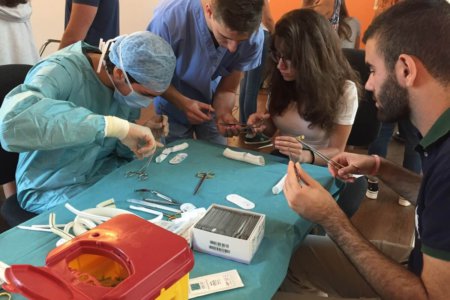Top level med school, seamless admission process, easy entry requirements — these are the ingredients that make Humanitas University a desirable institute for medical studies; a recipe for success, if you will.
What makes Humanitas University’s Medicine and Surgery degree stand out? Applying to med school is a years-long collection of college majors, grade point averages, lab hours, internships and test results. It’s a major investment of time, money and energy. While entry requirements for other med schools can be prohibitive, Humanitas University makes its admission process far less complicated. Instead, it welcomes and encourages applications from talented students from all over the world.
Its new admission test HUMAT aims to recruit applicants with strong skills in scientific and critical thinking. They should have a solid academic literacy, regardless of their diverse educational background. The test does not evaluate previous knowledge, but looks for a set of skills and abilities that shows the applicant is able to meet the degree’s academic rigours, improve their scientific reasoning, sustain independent learning and make correct decisions. The test was developed alongside experts from University of Cambridge, Imperial College, University of Oxford Medical School and Leeds Medical School.

Source: Humanitas University
Successful applicants stand to join the international medical school based in Milan, that is now part of the International Association of Universities (IAU) founded in 1950, under the auspices of UNESCO. They will spend the first year learning the theoretical interdisciplinary modules, interspersed with practical experience and simulation activities. Clerkships commence in their third year. These will take place at the various Humanitas Hospitals. Specialised tutors will supervise. “The biggest plus point is the amount of years we spent within the hospital compared to an American university,” says student from the US.
Students live just a few steps away from the university, hospital and research centre — the only English-language medical school with a campus offering this convenience in Milan. Students get to visit the research centres at their own convenience. Peers come from over 20 countries worldwide. The campus is lush and green, with an international canteen, sport facilities and more. “In my opinion, the main strength of this university is to provide you with a great environment in order to complete your studies, get clinical and lab experience, as well as to meet a lot of people from around the world,” said French student .
This close proximity is beneficial in many ways. For one, students get to learn from 70 professors and more than 150 clinical tutors with international experience — including three Nobel Prize Winners. Almost 300 researchers work at the University Research Centre – which is fully integrated with the hospital – utilising cutting-edge technology such as the recently acquired two-photon microscope. They work together with the hospital’s 700 physicians, in order to facilitate translation, i.e. the direct application of the most recent advances in healthcare through a systematic and ongoing process of innovation. “This gives you very strong connections. Because we have smaller classes there’s a much more focused attention of the professors to the individual students,” says student from Germany.
It’s an overall setting and experience that Ciara would recommend to aspiring doctors everywhere. “What I would say to Americans interested in studying medicine is to definitely explore Humanitas before they look to a bachelor’s programme. Coming directly out of high school, this could save you a lot of years! The course prepares you well for medicine and I don’t find it difficult to go back to America for a residency.” A Humanitas degree also allows students to work as medical doctors in the EU and abroad.
Humanitas offers 180 places every year, 130 of which are reserved for European students. EU citizens residing in Italy must carry out the admission test at selected test centres, where all the necessary health and security procedures will be guaranteed. For students who are not in Italy, the test will take place remotely on Feb. 11, 2021. To find out more, click here.












